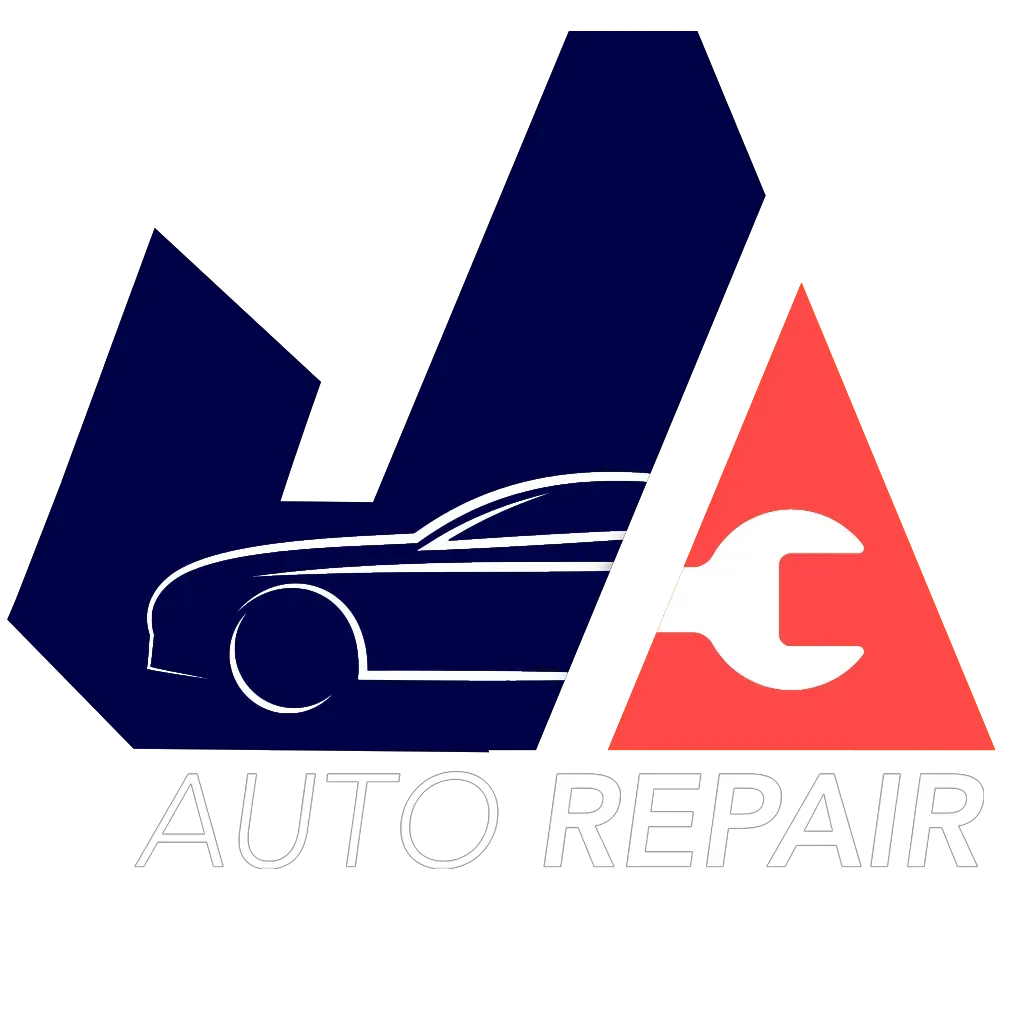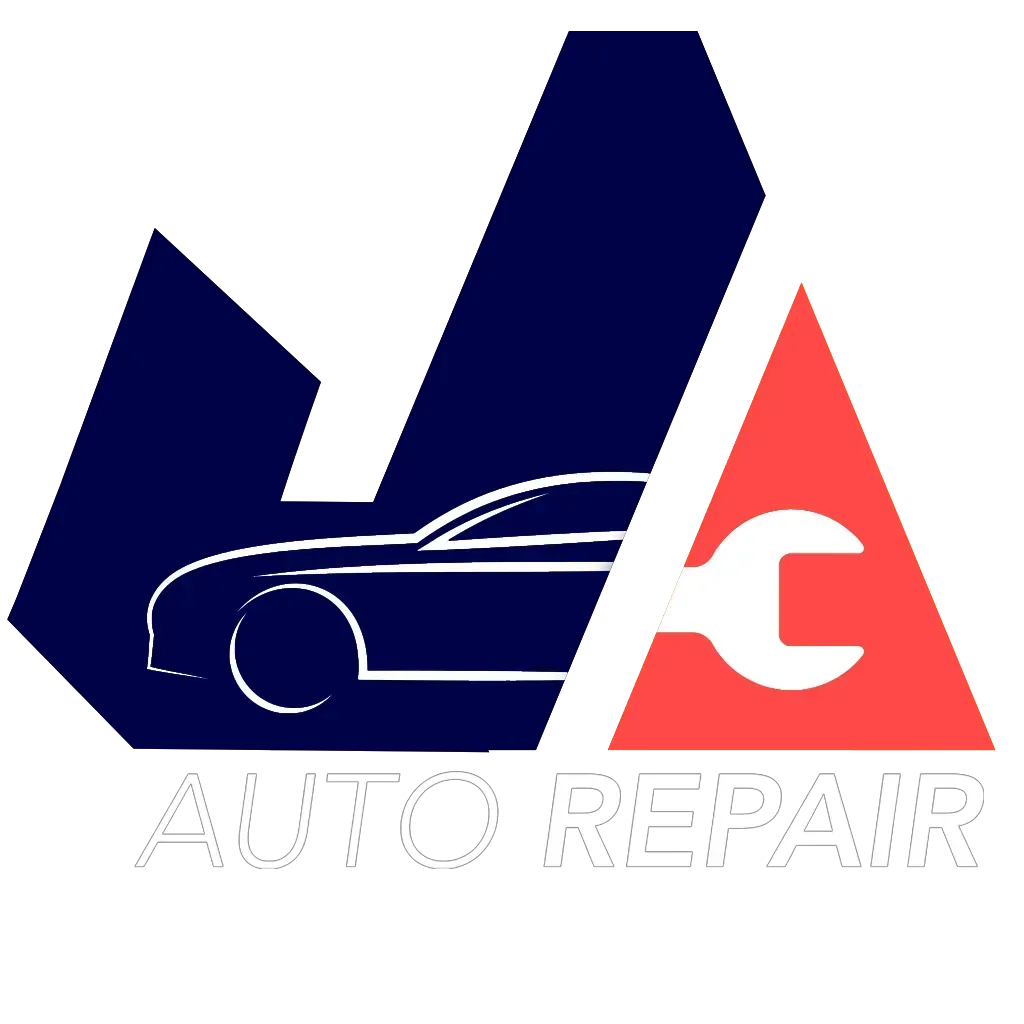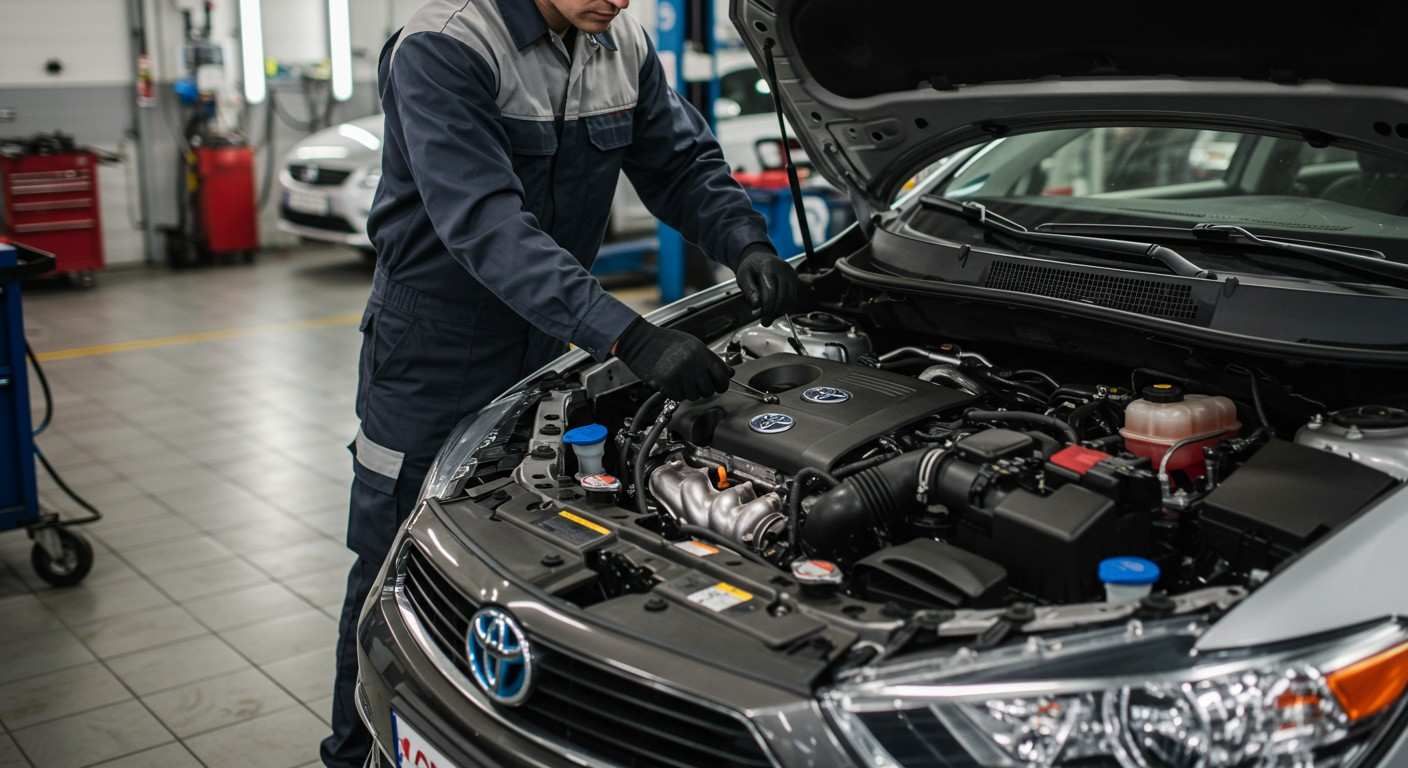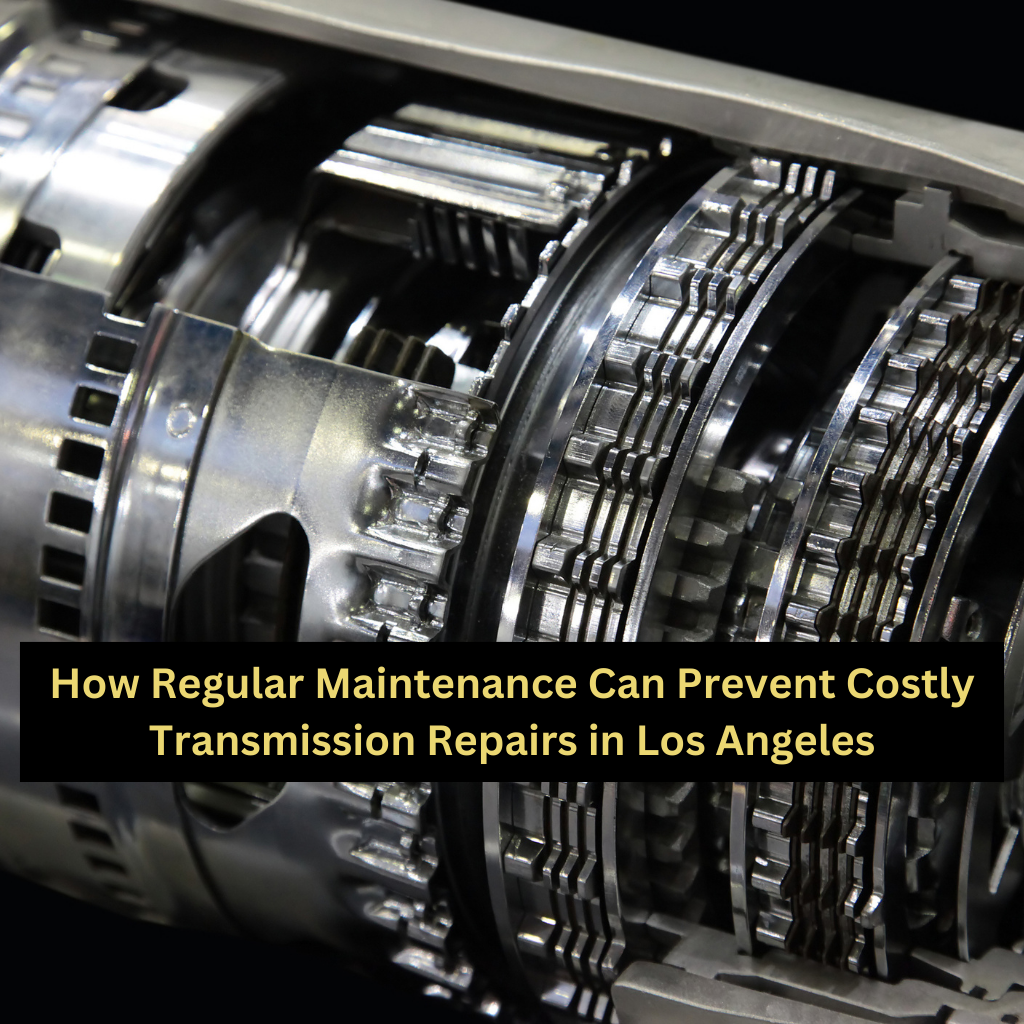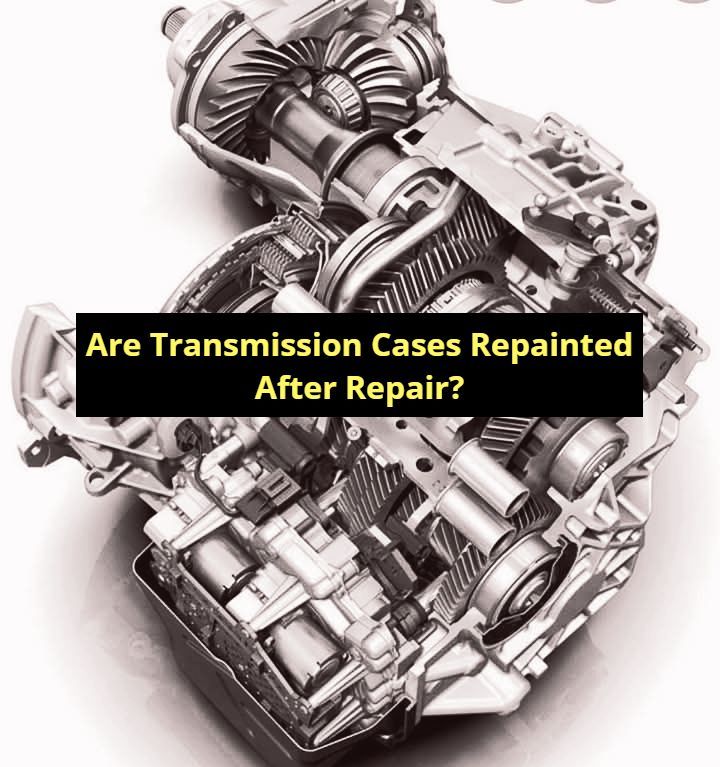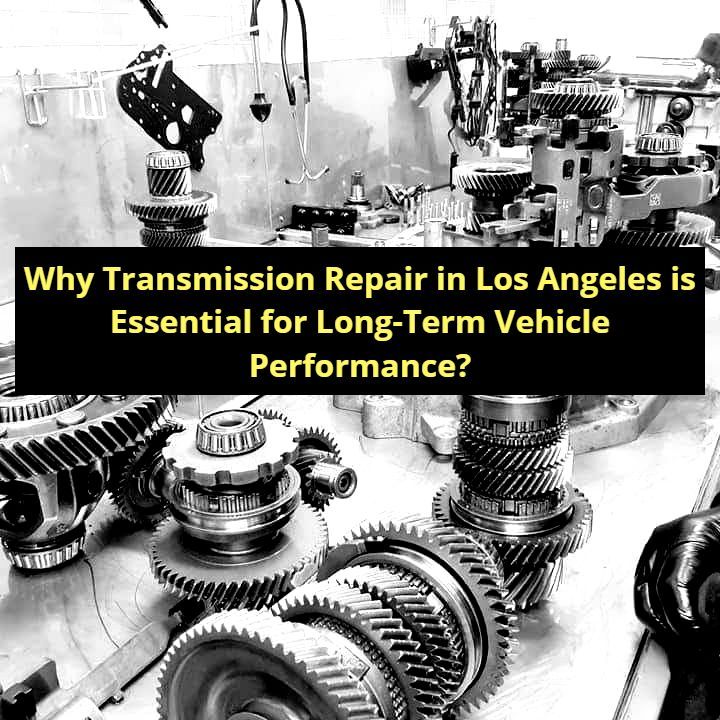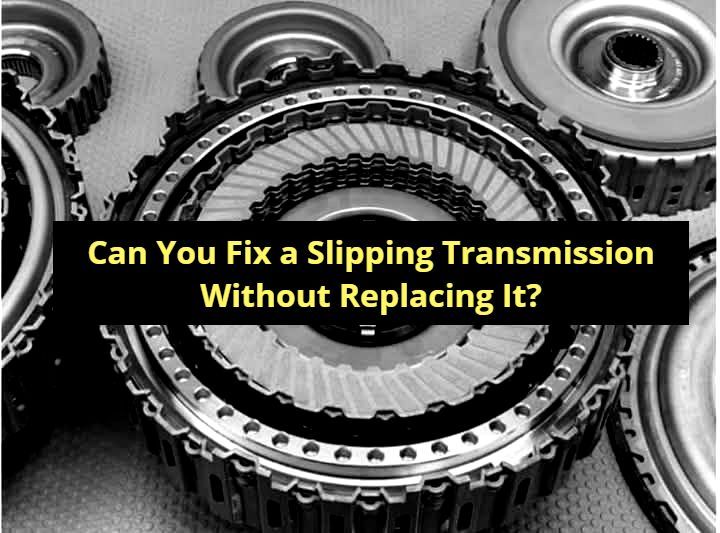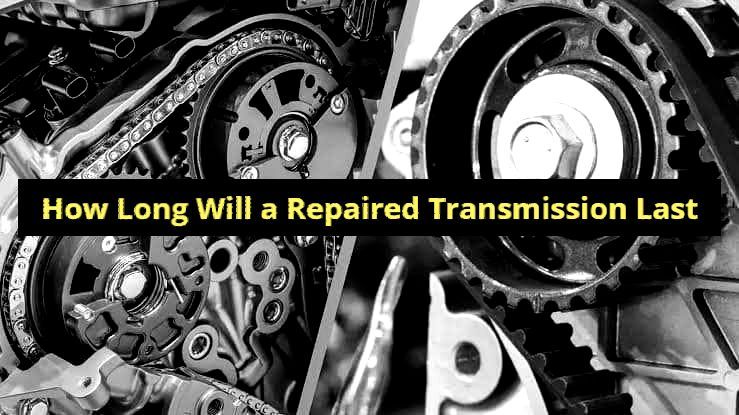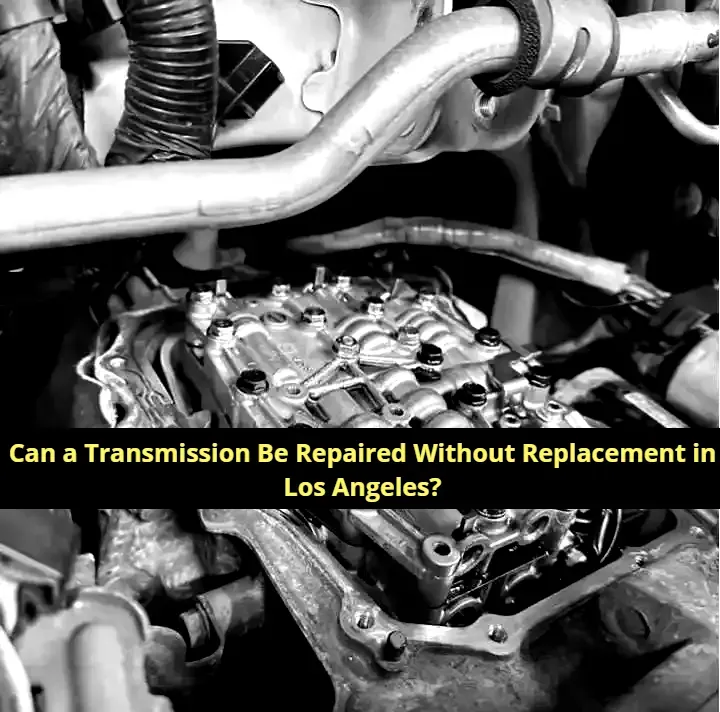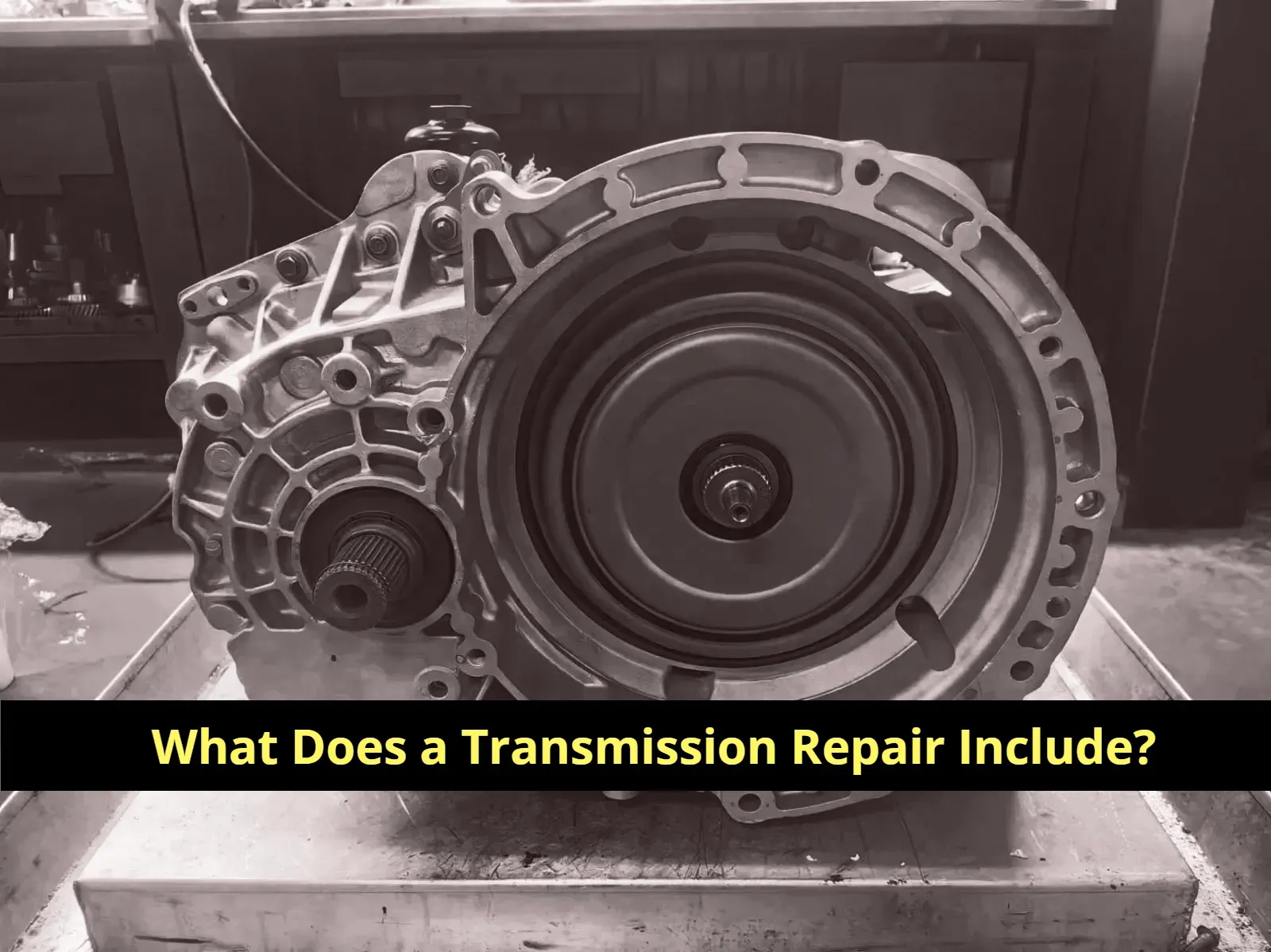Is Transmission Repair Expensive?
Facing a transmission repair can be daunting due to the potential high costs involved.
Whether you’re dealing with a minor issue or a major overhaul, understanding the expenses is crucial.
Is transmission repair expensive?
Indeed, it can be. Costs vary widely, often starting from $300 for minor issues and escalating to more than $2,000 for comprehensive repairs. These expenses can be influenced by the type of transmission, vehicle specifics, and the nature of the damage.
Is Transmission Repair Expensive - A Short Answer
Transmission repair costs can indeed put a dent in your budget. The type of your vehicle’s transmission, whether manual or automatic, plays a key role in determining the repair costs.
Automatic transmissions are typically more expensive to fix due to their complexity. Moreover, the make and model of your vehicle can affect the availability and price of necessary parts.
Labor costs also vary significantly, with dealerships generally charging more than independent shops. Given these variables, transmission repair can quickly become a costly affair.
Get Expert Transmission Repair at JC's Auto Repair Shop in Los Angeles
If you're in Los Angeles and wondering, "Is transmission repair expensive?" let JC's Auto Repair Shop put your concerns to rest.
Our skilled technicians offer top-notch transmission repair services at rates that won't break the bank.
We understand the importance of your vehicle's performance and are dedicated to providing the highest quality service.
Trust us to handle your transmission with care and expertise, ensuring your car runs smoothly.
For affordable and reliable transmission repair, choose JC's Auto Repair Shop. Call us today at 323 792 1777 or visit our Contact Us page to schedule your service!
Factors Affecting the Cost of Transmission Repair
Before delving into the specifics of transmission repair costs, it's important to understand that these costs can vary dramatically based on several key factors. Here's a detailed look at what can drive up your transmission repair bill:
Type of Transmission
The type of transmission your vehicle uses significantly impacts repair costs. Manual transmissions are generally less complex than automatic transmissions, with fewer moving parts and simpler technology, which often translates to lower repair costs.
Conversely, automatic transmissions, and particularly the more modern continuously variable transmissions (CVTs) and dual-clutch transmissions (DCTs), require more sophisticated repair techniques and specialized equipment, leading to higher costs.
Understanding the type of transmission in your vehicle can help you anticipate potential repair expenses.
Extent of Damage
The scale of damage to a transmission directly influences the repair cost. Minor issues, such as replacing transmission fluid or fixing a transmission leak, are relatively inexpensive.
However, significant damage, such as a failed transmission pump or problems with the gearbox itself, can require comprehensive work, including complete disassembly and rebuilding, which substantially increases the expense.
Regular maintenance and early detection of issues can help minimize the extent of damage and reduce repair costs.
Vehicle Make and Model
The complexity and cost of transmission repairs can also vary significantly depending on the vehicle's make and model.
Luxury vehicles and high-performance sports cars often feature more advanced, intricate transmission systems that necessitate specialized knowledge and parts for repairs, driving up costs.
Moreover, the availability of parts for certain models can affect repair prices; rarer models or older vehicles might have less readily available parts, increasing the overall cost. It's crucial for vehicle owners to consider these factors when assessing potential repair expenses.
Labor Costs
Labor costs for transmission repair can vary widely and are influenced by several factors, including the geographic location and the type of service provider.
Generally, labor rates are higher in urban areas compared to rural areas due to higher operational costs.
Additionally, dealerships often charge more for labor compared to independent repair shops, though they might offer brand-specific expertise and guaranteed OEM parts.
Choosing the right repair shop can be a balancing act between cost and quality of service.
Transmission Fluid
Transmission fluid plays a critical role in the operation of a transmission by lubricating moving parts, cooling the transmission, and facilitating gear shifts.
Over time, this fluid degrades and must be replaced or flushed, which can be a significant part of maintenance costs.
Some vehicles require specialized fluids, such as synthetic blends or manufacturer-specific formulas, which can be more expensive than standard fluids.
Regularly checking and replacing transmission fluid as recommended by the vehicle manufacturer can help prevent more severe and costly problems down the line.
Electronic Components
Today's vehicles often include sophisticated electronic systems that work closely with the transmission to optimize performance, such as sensors and computerized control units.
These electronic components can be expensive to repair or replace if they fail and can lead to higher overall repair costs if they cause or contribute to transmission issues.
The integration of electronics in modern transmissions adds a layer of complexity to repairs, potentially increasing the time and technical expertise required to diagnose and fix issues.
Aftermarket Parts
Using aftermarket parts in transmission repairs can be a cost-effective alternative to expensive OEM parts. However, the impact on repair costs can vary.
While aftermarket parts are generally less expensive and widely available, their use can either increase or decrease the total repair cost depending on their quality and compatibility with the vehicle.
High-quality aftermarket parts might offer a balance between cost and performance, but poor-quality parts can lead to repeated failures and ultimately higher long-term costs.
Vehicle owners should carefully consider the source and quality of aftermarket parts when repairing their transmissions.
When to Replace a Transmission Instead of Repairing It
Sometimes, the cost of repairing a transmission can approach or even exceed the value of the vehicle itself. In such cases, replacing the transmission might be a more economically sensible option. Here are a few situations when a replacement might be the better choice:
- Repair Costs Exceed Vehicle Value: If the repair estimate is greater than the current value of your vehicle, a replacement might be more practical.
- High Mileage Vehicles: For vehicles with high mileage, a new transmission can extend the life of the car and may be more cost-effective in the long run.
- Recurring Problems: If your transmission has been repaired multiple times for the same issue, it might be time to consider a replacement.
Tips to Save on Transmission Repair Costs
Transmission repairs can be a financial burden, but there are ways to mitigate these costs. Here are several tips to help you save on repairing your transmission:
- Regular Maintenance: Keep up with regular maintenance, such as changing the transmission fluid at recommended intervals, to prevent major repairs.
- Choose Reputable Repair Shops: Opt for repair shops with good reviews and fair pricing. Sometimes, independent shops offer more competitive rates than dealerships.
- Get Multiple Quotes: Don’t settle for the first estimate. Shop around and get quotes from different mechanics to ensure you're getting the best deal.
- Consider Refurbished Parts: Ask your mechanic if using refurbished parts is a viable option, as these can be significantly cheaper than new ones.
- Warranty Options: Check if your transmission is still under warranty, or consider purchasing an extended warranty if you're at risk for future repairs.
- DIY Simple Repairs: For simpler issues, such as changing transmission fluid or replacing a filter, consider doing it yourself if you have the skills.
Wrapping Up
Dealing with the costs of transmission repair requires a keen understanding of what factors contribute to the expenses.
From the type of transmission and the extent of the damage to the specific make and model of your vehicle, each element can significantly influence the overall cost.
By educating yourself on these aspects and seeking multiple quotes, you can find a balance between quality repairs and cost-effectiveness.
Remember, regular maintenance is your best defense against severe transmission issues, potentially saving you from hefty repair bills down the line.
Keep a vigilant eye on your vehicle's transmission health and act promptly at the first sign of trouble to mitigate more severe and costly repairs.
